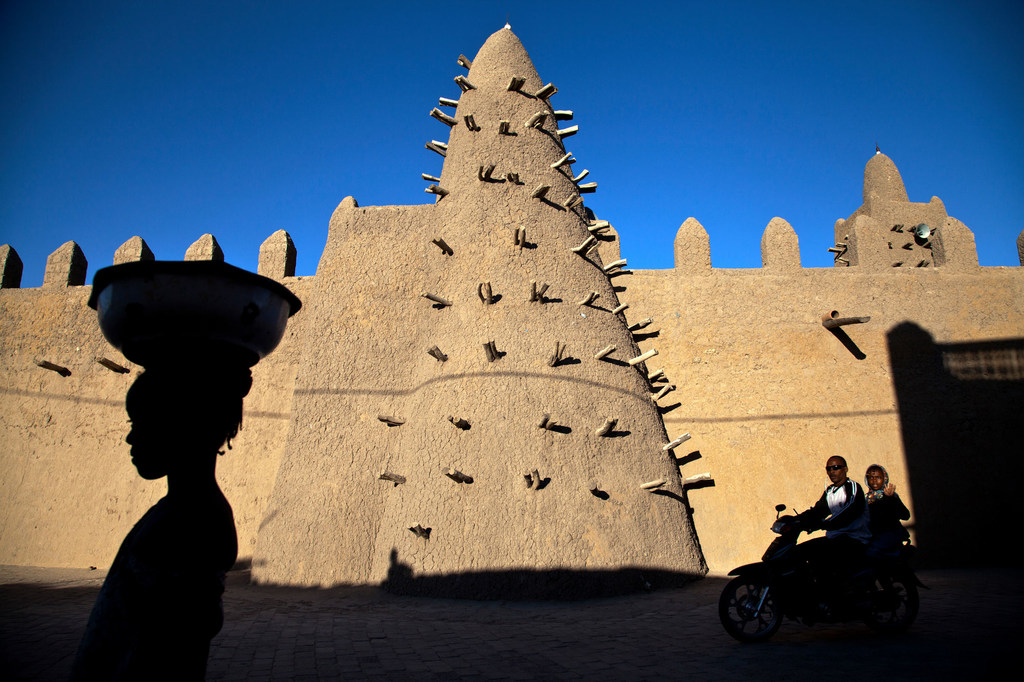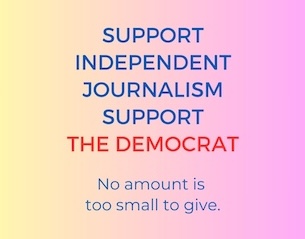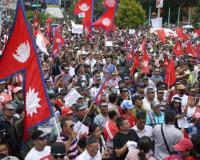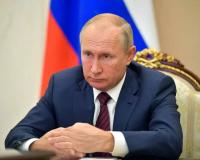- World
- Last UN peacekeepers poised for complete withdrawal from Mali
Last UN peacekeepers poised for complete withdrawal from Mali

The UN peacekeeping operation in Mali is poised to complete its drawdown on Sunday following a decade of multifaceted efforts to support the West African nation and its people after Malian authorities requested earlier this year to end the mission by 31 December.
The UN Multidimensional Integrated Stabilization Mission in Mali (MINUSMA) was deployed to Mali in 2013 following a violent insurrection by separatist rebels attempting to take control of the north of the country and a subsequent military-led coup.
Established by UN Security Council resolution 2100, the mission included more than 15,000 troops and personnel who served in cities and towns around the country.
“I think our work impacted the lives of many civilians in Mali,” said El-Ghassum Wane, outgoing Special Representative of the Secretary-General and head of MINUSMA.
Tackling range of challenges
In its decade of operations, MINUSMA aided Mali in tackling multiple challenges. Among the UN’s most challenging peacekeeping missions, it has suffered more than 300 fatalities of its troops and personnel amid continuing extremist violence and rampant insecurity across much of the north and centre.
On Saturday evening, the UN Secretary-General expressed his deepest gratitude to MINUSMA personnel, including the Head of Mission, Mr. Wane, who “has provided outstanding leadership in a challenging context”, said Stéphane Dujarric, the UN spokesperson.
Paying tribute to the 311 MINUSMA personnel who lost their lives and the more than 700 who were injured in the cause of peace during the 10 years the Mission was deployed in Mali, he and “the entire United Nations family stands in sympathy and solidarity with the loved ones, friends and colleagues of the fallen staff as we remain inspired by their selfless devotion to the cause of peace”, Mr. Dujarric said.
Mr. Guterres also recognized “the key role MINUSMA has played in protecting civilians, the mission’s support to the peace process, including by ensuring respect for the ceasefire in the context of the 2015 peace and reconciliation agreement, as well as to the transition, its efforts towards the restoration of State authority and the provision of peace dividends to the population”, Mr. Dujarric said.
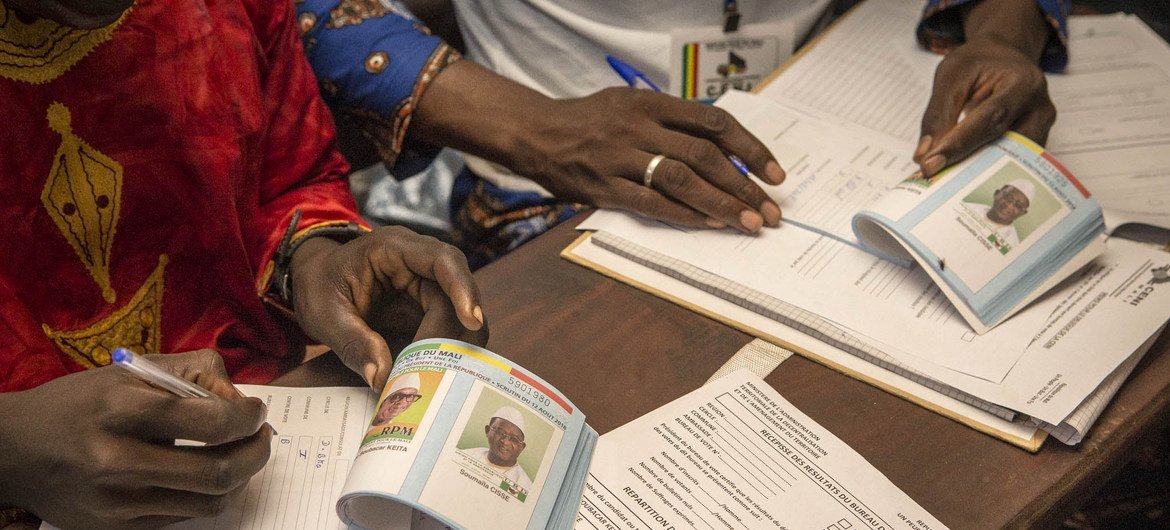
Supporting political process
MINUSMA supported the political process and carried out a number of security-related stabilization tasks, with a focus on major population centres, protecting civilians, human rights monitoring, creating conditions for providing humanitarian assistance and the return of displaced persons as well as preparing free, inclusive and peaceful elections.
The peace operation also was tasked with using all necessary means to address threats to the implementation of its mandate, which included the protection of civilians under imminent threat of physical violence and protection of UN personnel from residual threats, within its capabilities and its areas of deployment.
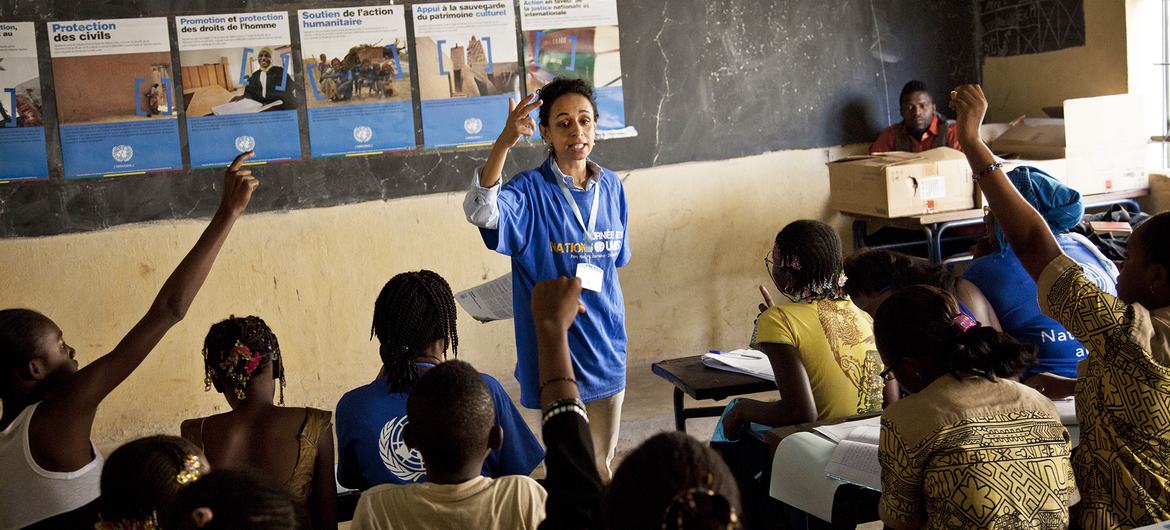
Mission terminated
Mali’s foreign affairs minister requested the withdrawal of MINUSMA in a related UN Security Council meeting on 16 June. On the same day, the transitional government issued a communiqué reiterating its demand for the UN mission to leave without delay.
UN peacekeeping mandates are determined by the Security Council, but politically and practically, missions cannot operate without the support and cooperation of the host authorities.
On 30 June, the UN Security Council unanimously adopted resolution 2690 effectively terminating MINUSMA’s previous mandate and requesting the transfer of its tasks as well as the safe and orderly drawdown and withdrawal of the Mission by 31 December 2023, to be followed by a liquidation period.
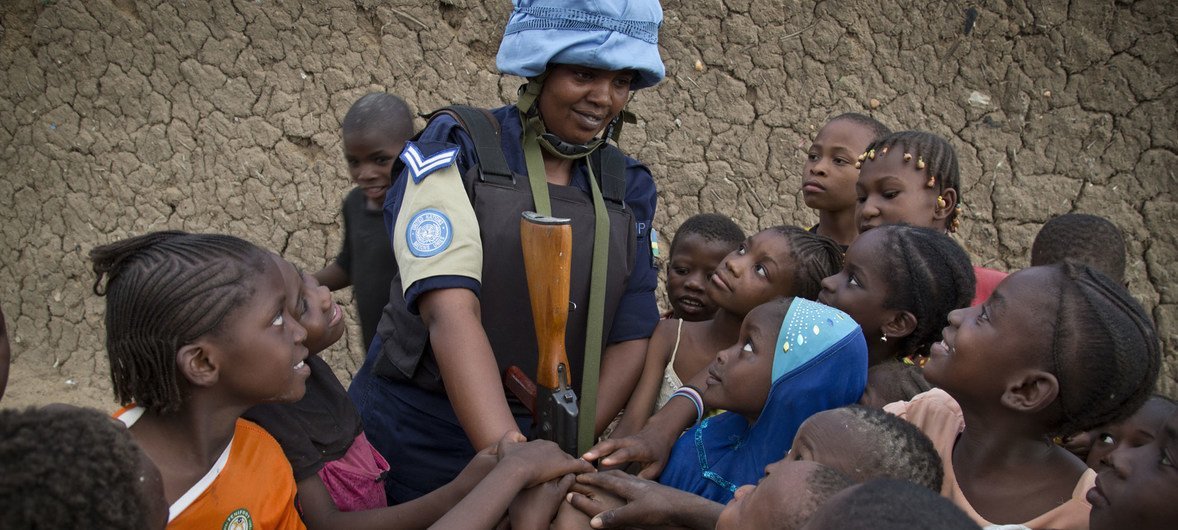
Integrated withdrawal plan
To fulfill this goal, MINUSMA developed an integrated withdrawal plan based on ensuring the safety and security of UN personnel, meeting the 31 December deadline, safeguarding the mission’s legacy and preserving an environment conducive to long-term UN engagement in Mali.
Since 1 July, MINUSMA has gradually withdrawn its personnel and handed over its bases to Malian civilian authorities where possible.
Over the past six months, MINUSMA has been withdrawing its personnel under challenging security circumstances. On Sunday, the mission will have completed its drawdown.
Liquidation period begins
The start of the liquidation period begins on Monday, 1 January 2024.
A smaller team and the rear parties of troop- and police-contributing countries will remain at sites in Gao and Bamako to oversee the orderly transportation of assets and appropriate disposal of UN-owned equipment, the UN spokesperson said.
In this regard, the UN chief is counting on the transitional government’s full cooperation to ensure this process is completed as soon as possible, he added.
MINUSMA leaves, but UN will stay
MINUSMA chief Mr. Wane said the mission might be leaving, but the UN will remain in Mali.
“UN funds, agencies and programmes were in Mali well before the deployment of MINUSMA and will stay in Mali well after the withdrawal,” he said.
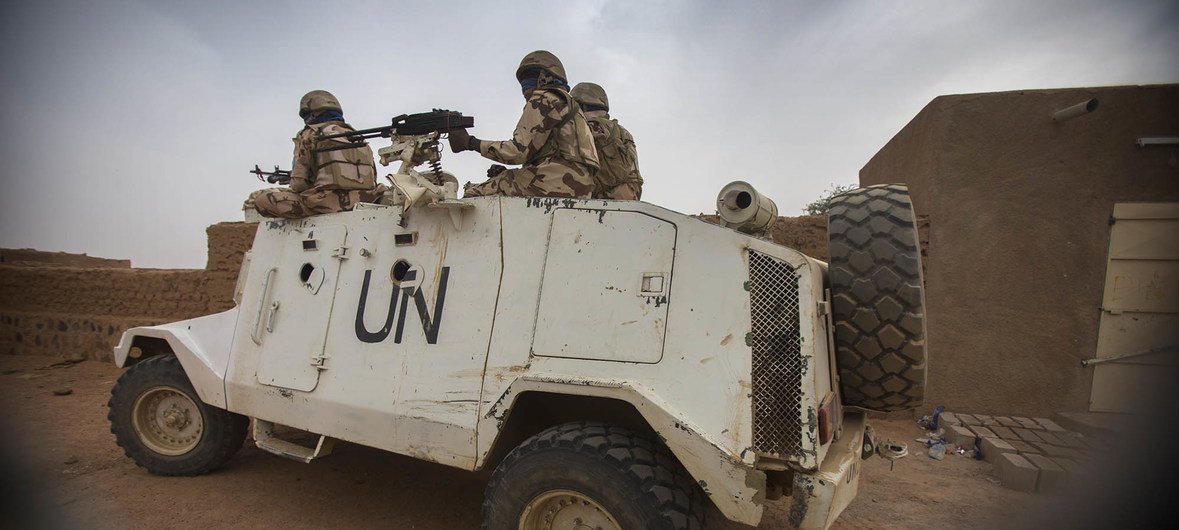
Echoing that statement, the UN Secretary-General António Guterres on Saturday reaffirmed the UN’s commitment to work with the Malian people and transitional government towards the restoration of constitutional order, as well as the promotion of peace and security and sustainable development, his spokesperson, Mr. Dujarric, said.
The entire UN system, including the 21 agencies, funds and programmes of the Country Team in Mali, in collaboration with the UN Office for West Africa and the Sahel (UNOWAS) and the Special Coordinator for Development in the Sahel, will continue its support in pursuit of the Agenda 2030 for Sustainable Development in the country.
These efforts include advancing the UN-Government of Mali jointly agreed objectives of the Sustainable Development Cooperation Framework for 2020 to 2024, Mr. Dujarric added.
For a look back at MINUSMA’s efforts over the past decade, take a look at our photo essay here.
